

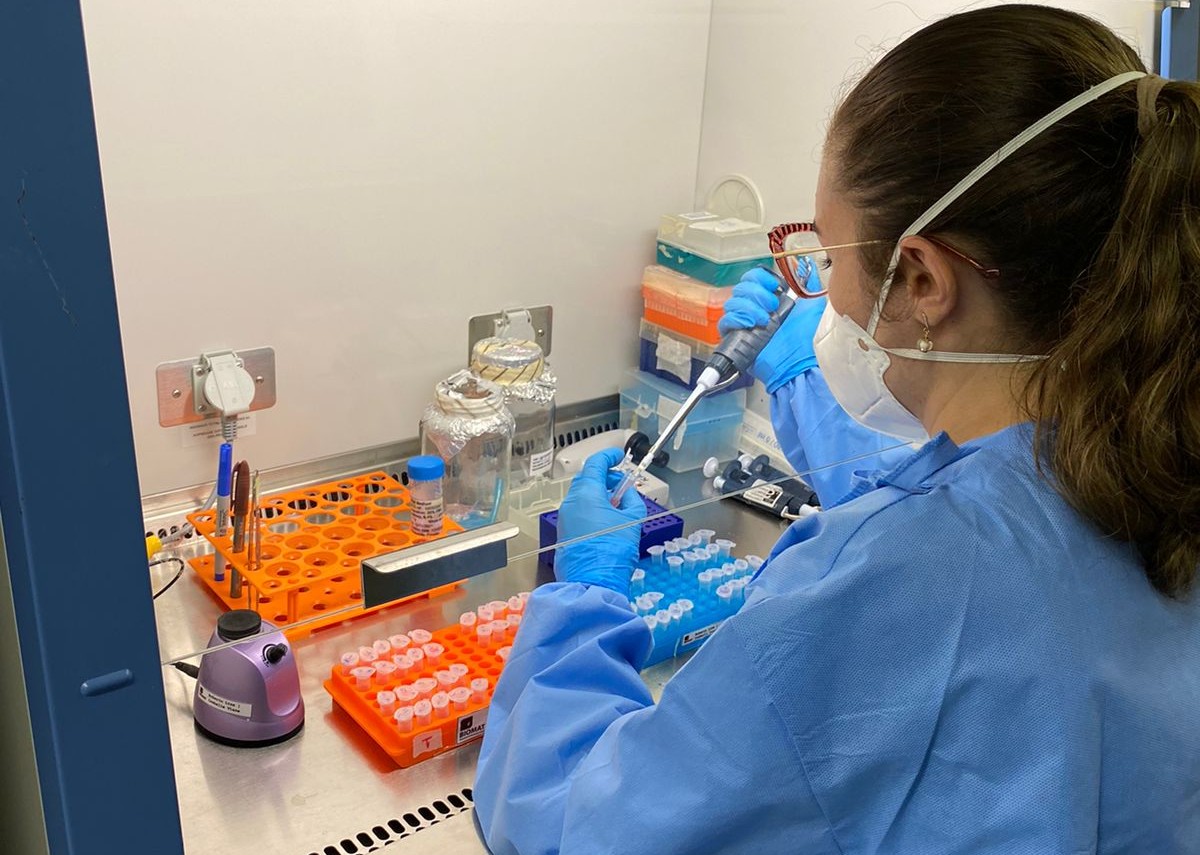
The vaccine is being developed by researchers in Brazil. The results of preclinical trials are published in the journal Frontiers in Immunology.
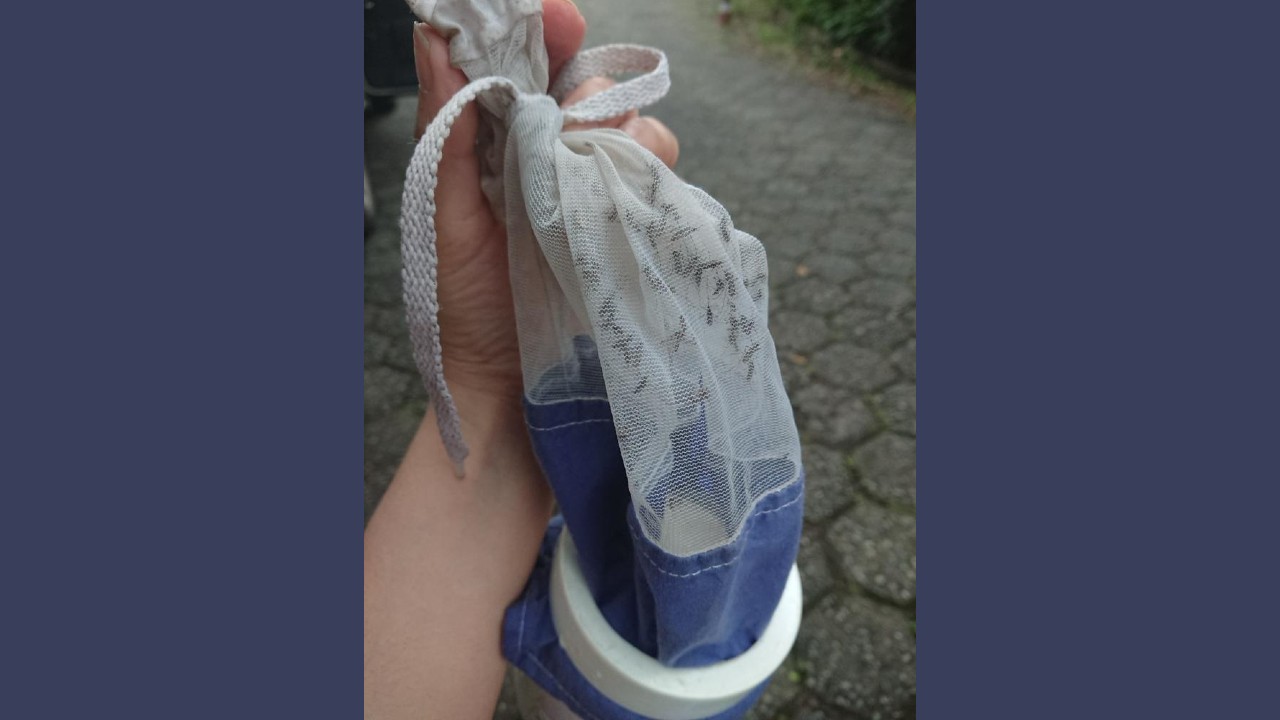
The technology used to sequence the first infections by SARS-CoV-2 at record speed has been successfully tested as a technique to monitor viruses transmitted by mosquitoes, such as dengue, zika, chikungunya and yellow fever.
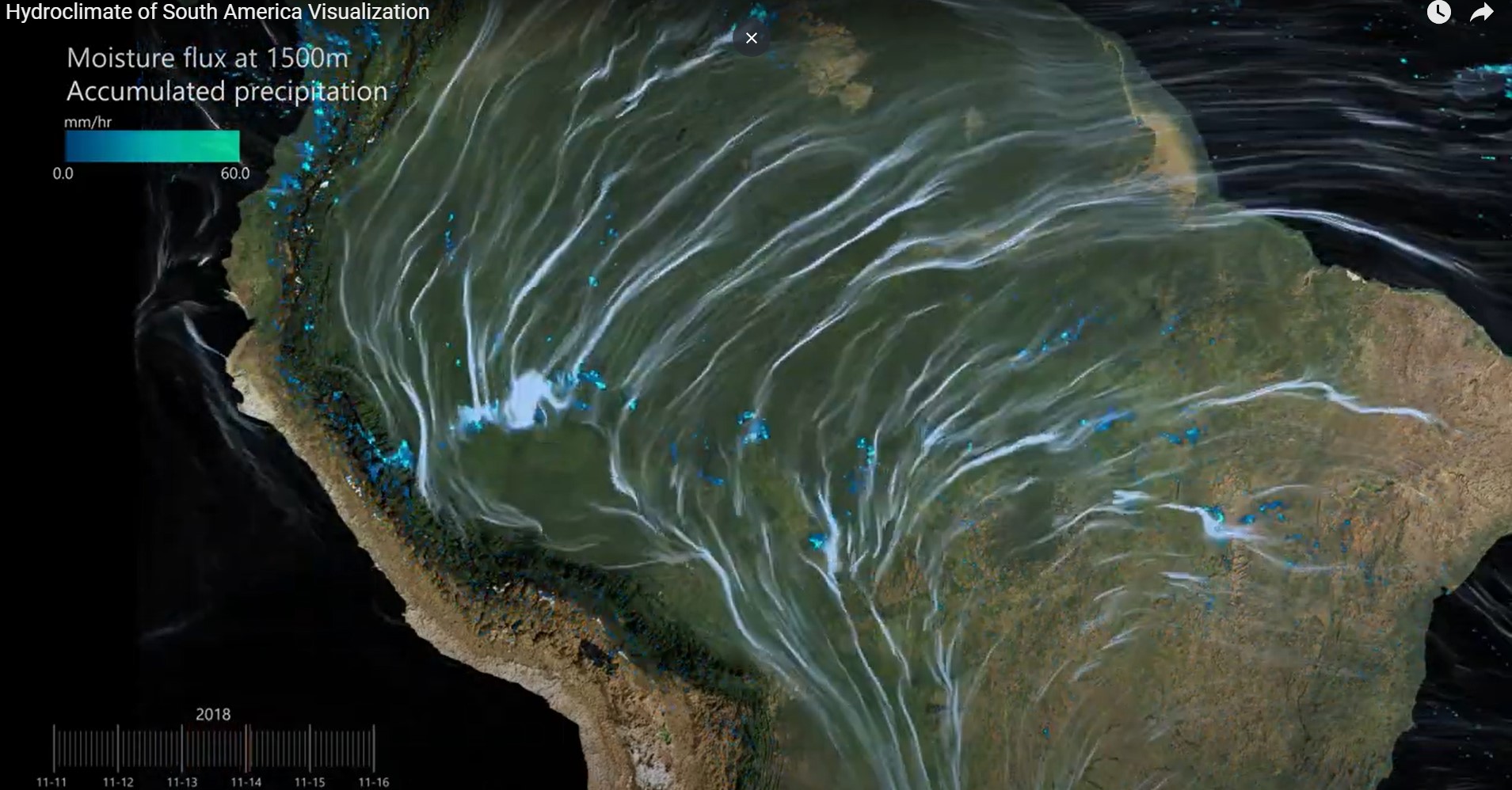
The aim is to create a computer visualization model that more accurately represents the hydroclimatic processes that occur in the region and to support climate change adaptation measures; the initiative was presented during FAPESP Week Illinois.
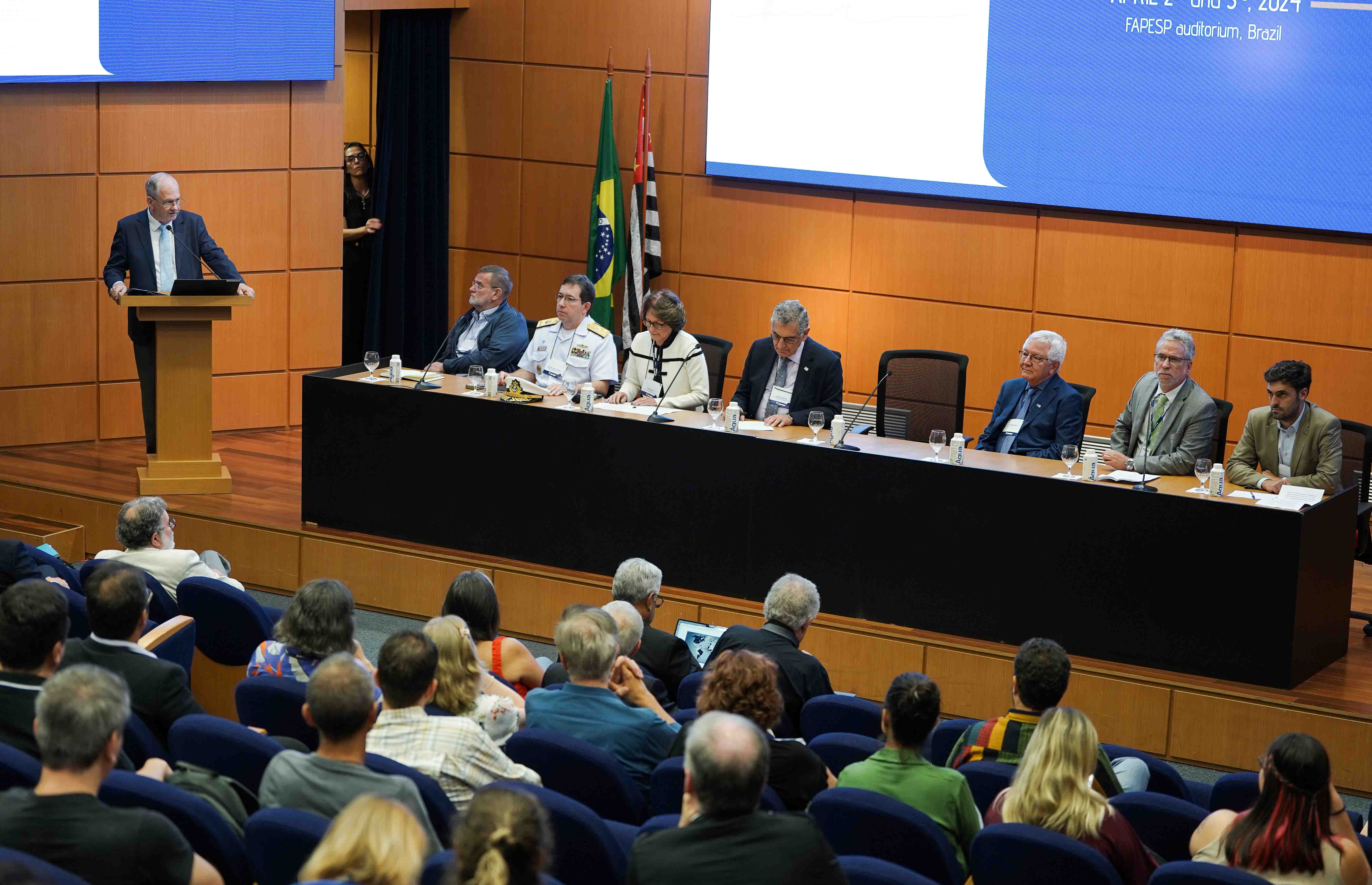
Launched on April 2 at FAPESP, the program will initially involve researchers from Brazil, Argentina and France.
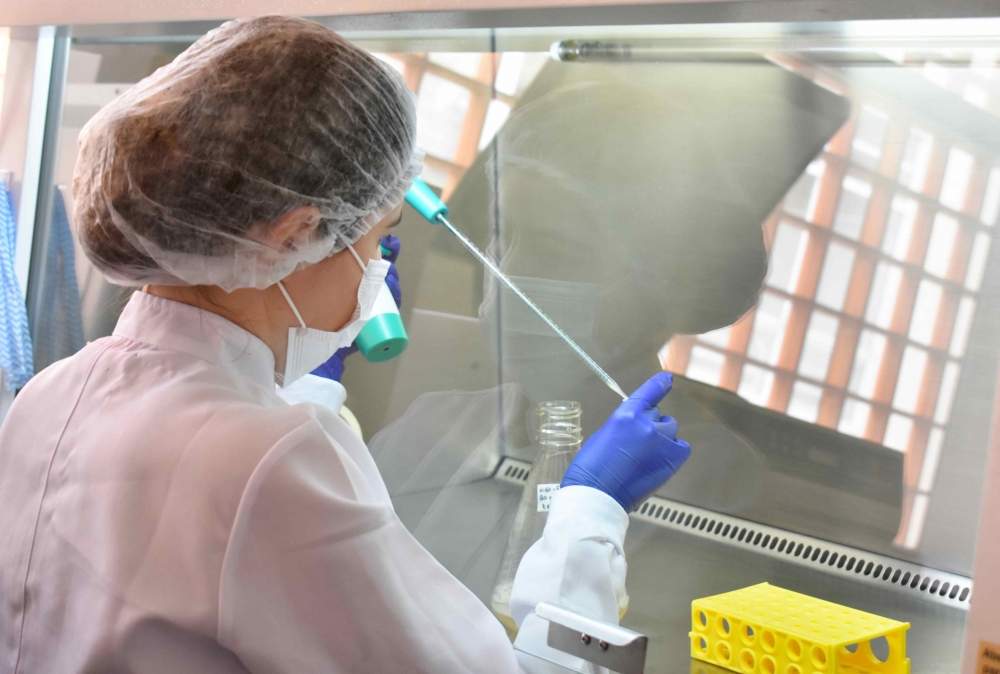
Researchers supported by FAPESP have created a drug using antibodies for direct application to the skin.

Countries in the region are experiencing a different phenomenon from that observed in the United States and Europe, where increased social inequality may have been the cause of the advance of political polarization. The assessment was made by participants in FAPESP Week Illinois.
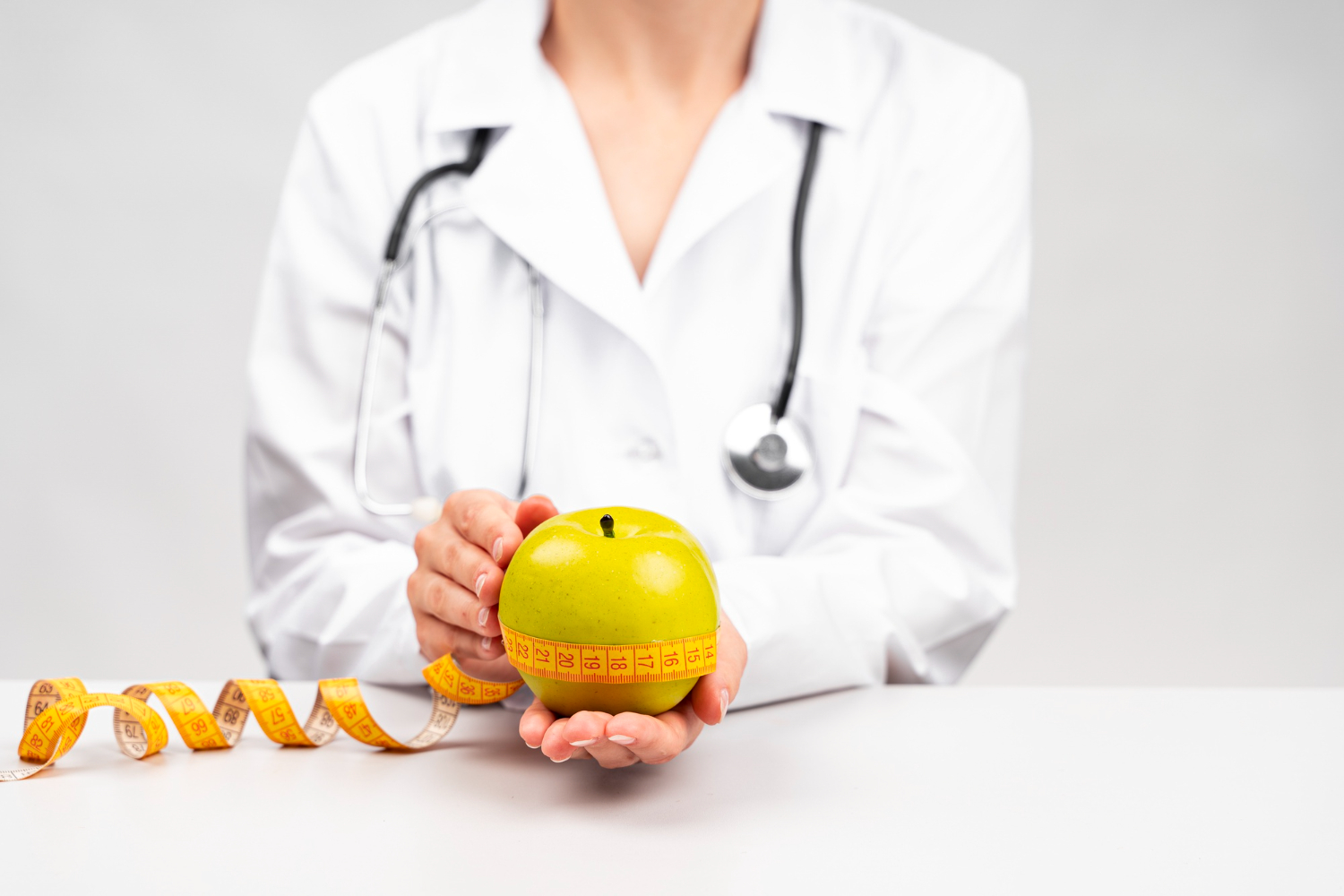
Group from the University of Illinois in Chicago creates program to stimulate math learning through physical activity; results of the work were presented at FAPESP Week Illinois.
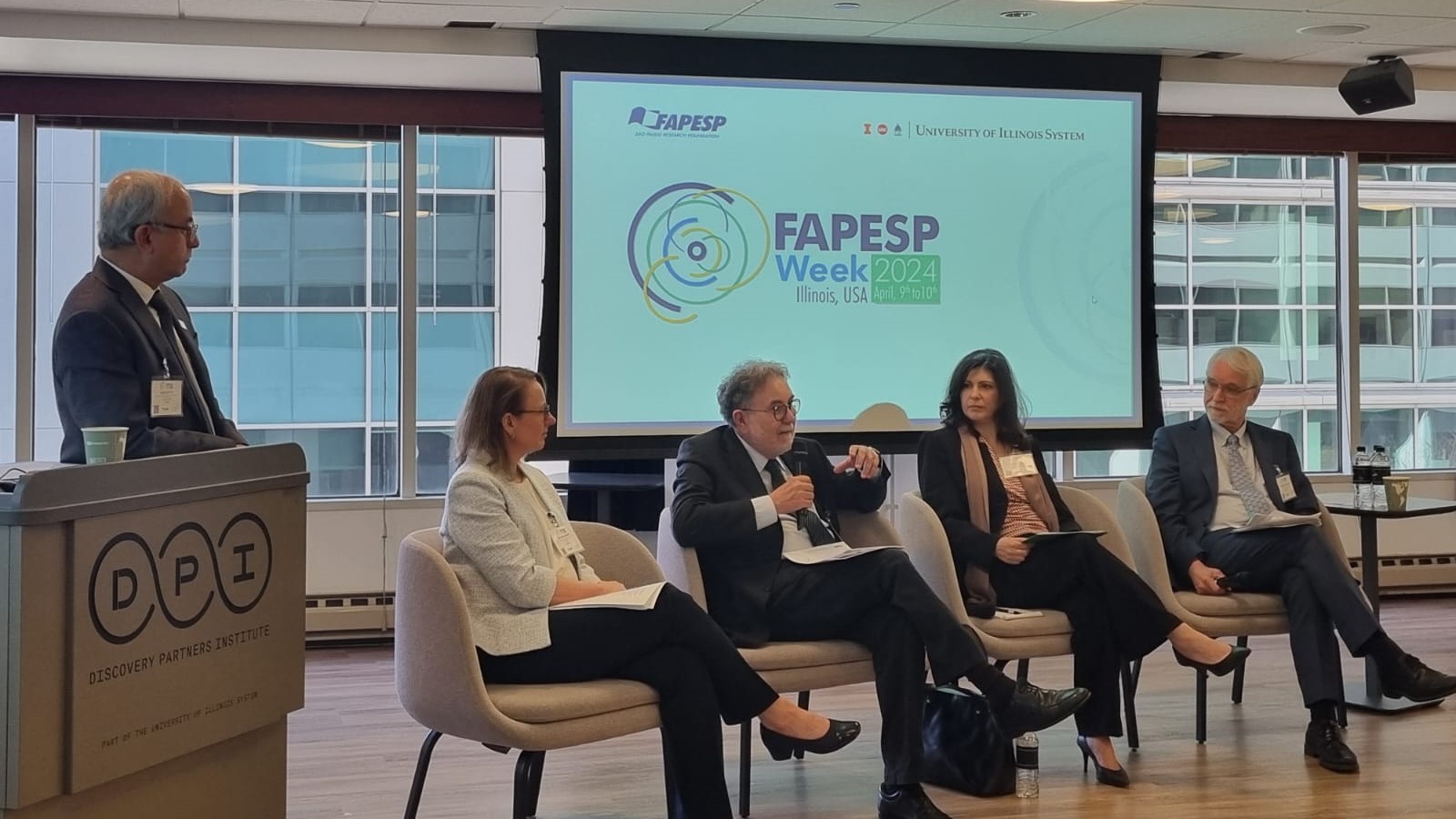
Researchers from universities and research institutions in the State of São Paulo participate in FAPESP Week Illinois; the event aims to create new opportunities for scientific cooperation.
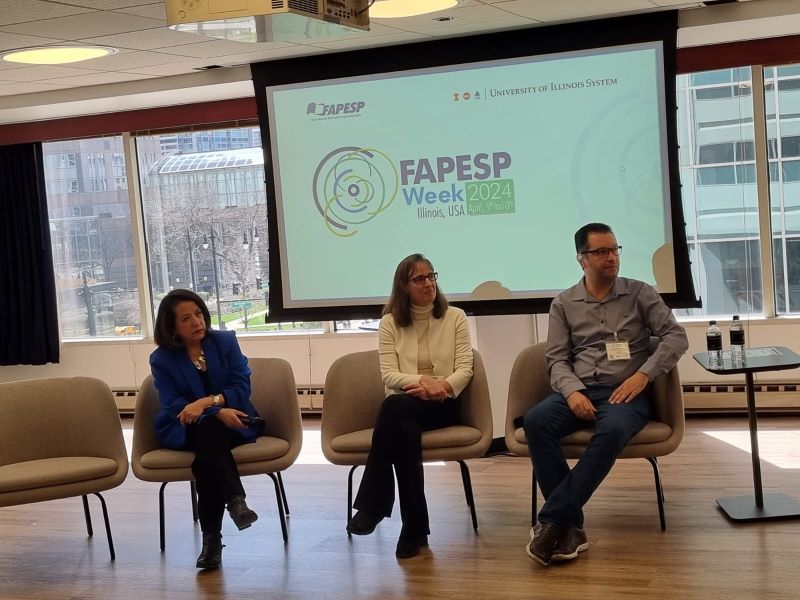
Researchers from the University of São Paulo are producing maps that show areas of the city of São Paulo with the highest concentration of air pollutants; the results of the studies were presented in the United States during FAPESP Week Illinois.
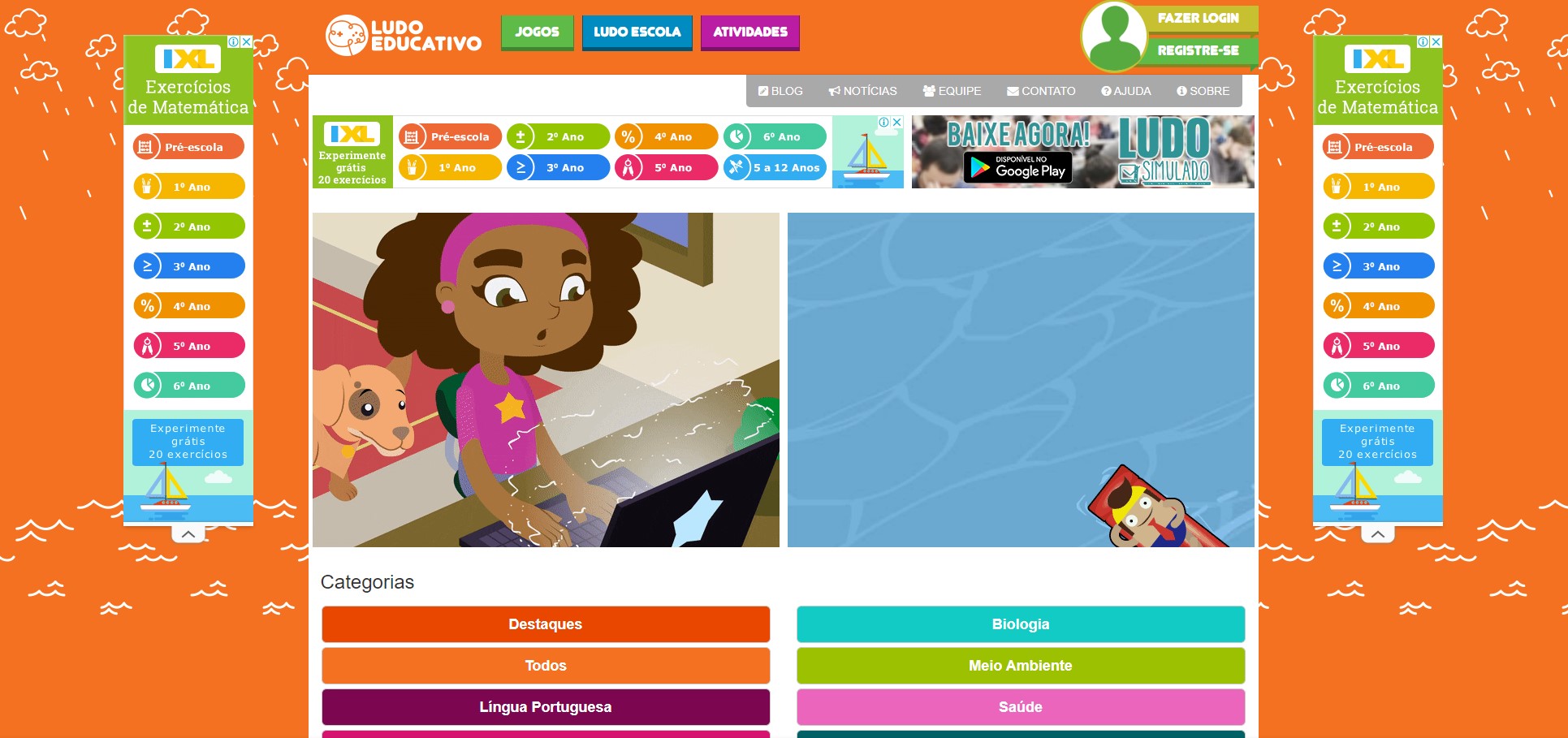
Dissemination project of the Center for the Development of Functional Materials – a research center supported by FAPESP and based at the Federal University of São Carlos – is aimed at primary and secondary school students and teachers.
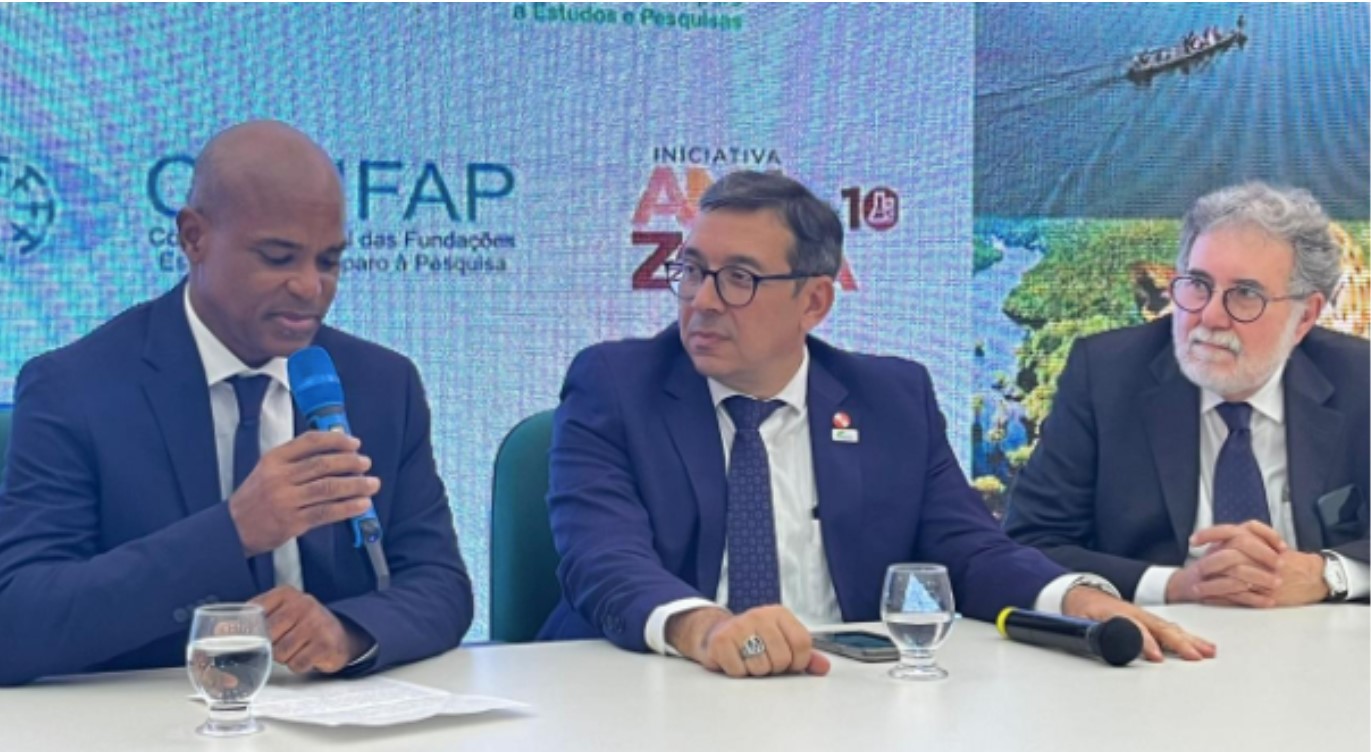
An agreement to this end was signed in Belém in the Brazilian Amazon during the visit of French President Emmanuel Macron and Laurent Linguet, President of the University of French Guiana. The aim is to foster international cooperation that furthers the development of the Amazon region.
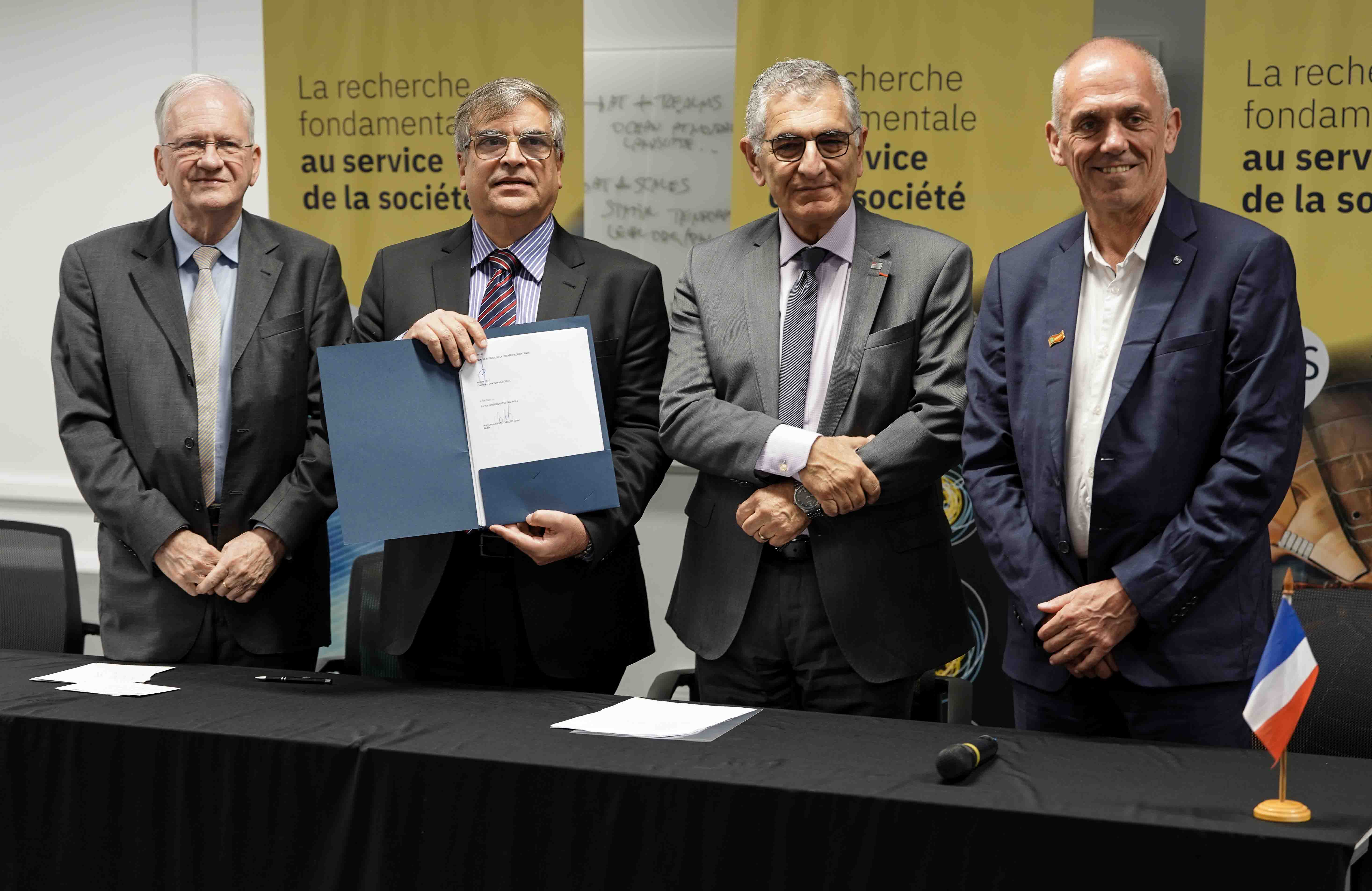
FAPESP signed a memorandum of understanding to fund projects that will be conducted at the IRC.
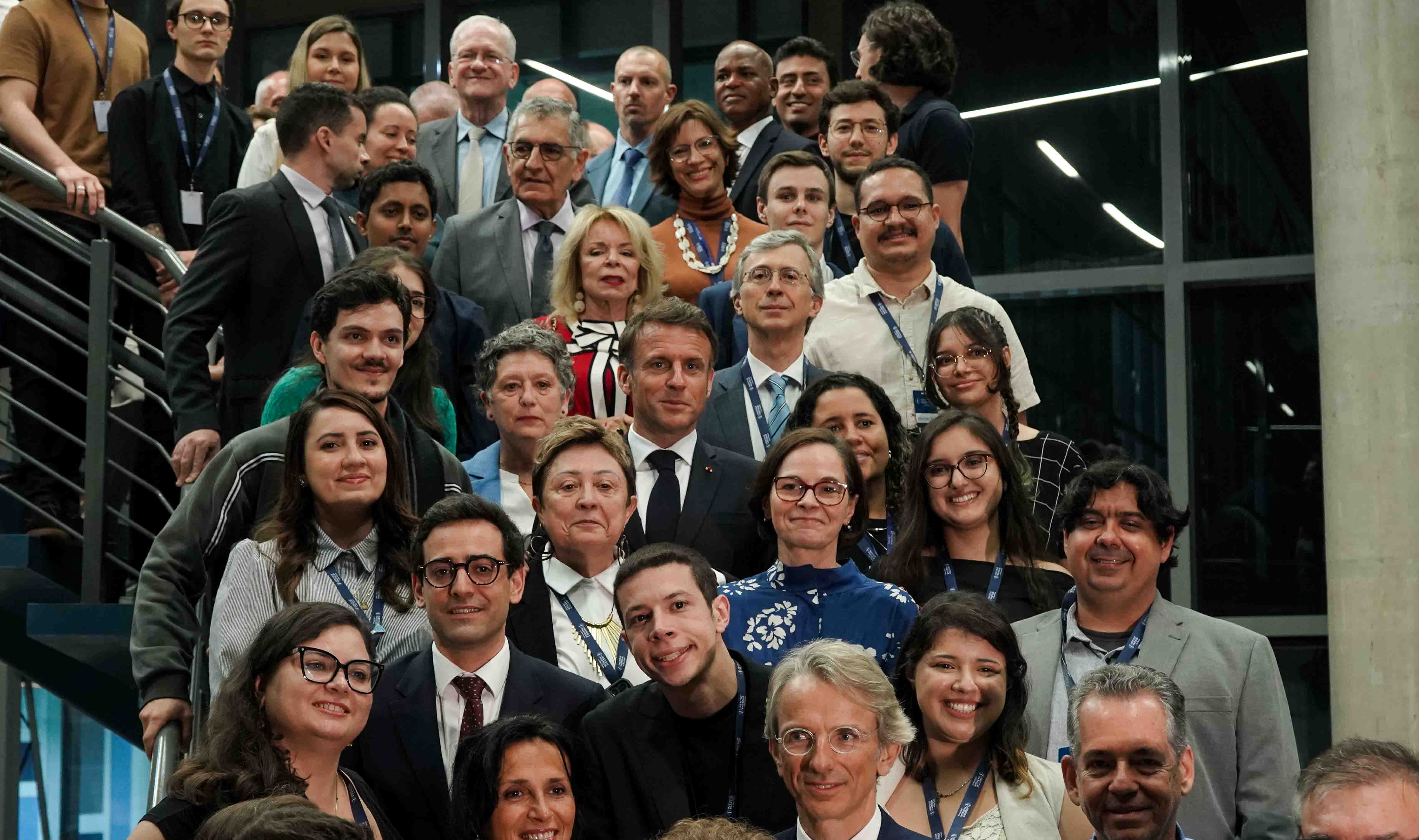
The new member of the Pasteur Network, which comprises 33 laboratories in 25 countries, is being equipped with the support of FAPESP, which is also funding several young researchers associated with the institute.

Brazilian researchers analyzed more than 200 articles on the subject and identified the types of training most indicated for these cases. Their findings are reported in the journal Psychiatry Research.
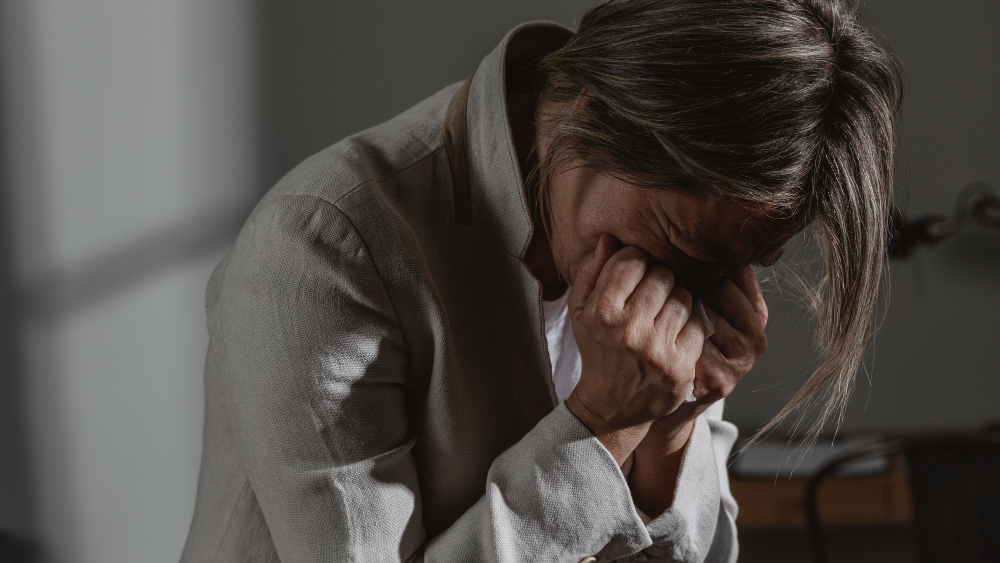
In Brazil, researchers analyzed data for 8,384 clinical appointments that took place in a two-year period at Hospital de Base in São José do Rio Preto (São Paulo state) and found the situation to be similar to those in publicly-funded psychiatric outpatient clinics elsewhere in the country. The results, reported in Frontiers in Psychiatry, list the most common mental health problems and most frequently prescribed drugs.
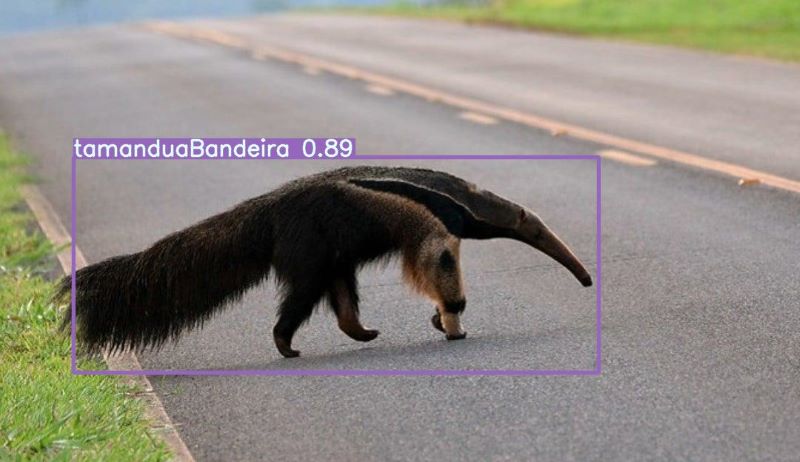
The researchers trained computer vision models to identify Brazilian mammals must susceptible to roadkill in real time and are partnering with toll road operators to test the system in real-world situations.
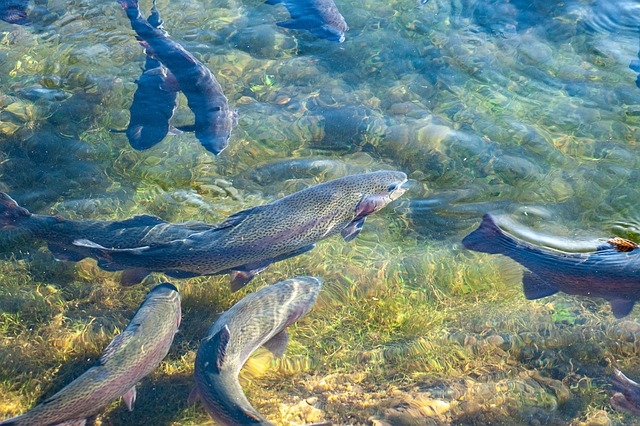
A startup supported by FAPESP has developed a solution to prevent disease in fish tanks by means of environmental monitoring.
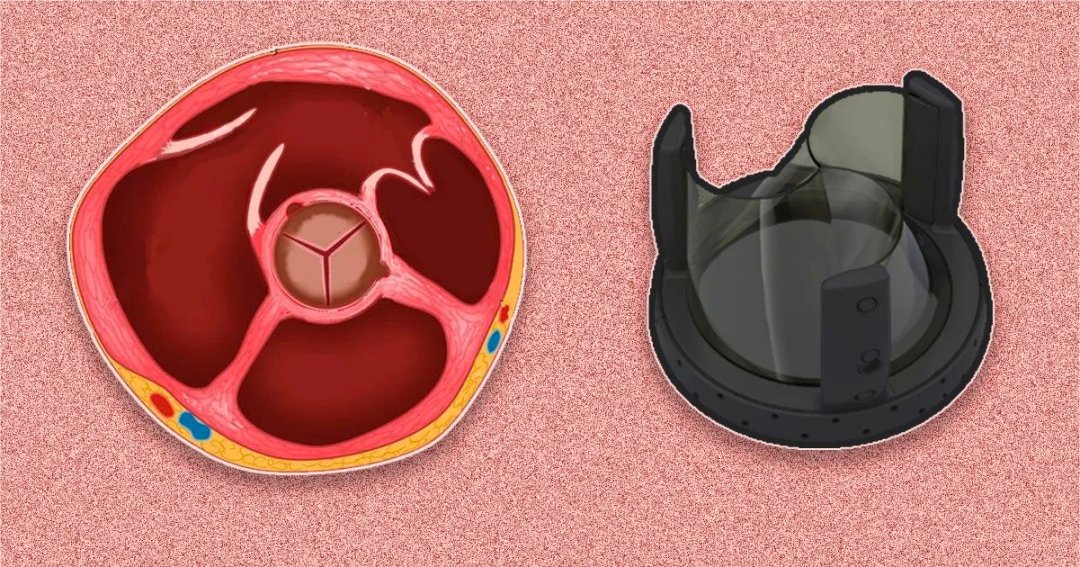
Study developed at Center for Mathematical Sciences Applied to Industry aims to perfect device for cardiovascular treatments.
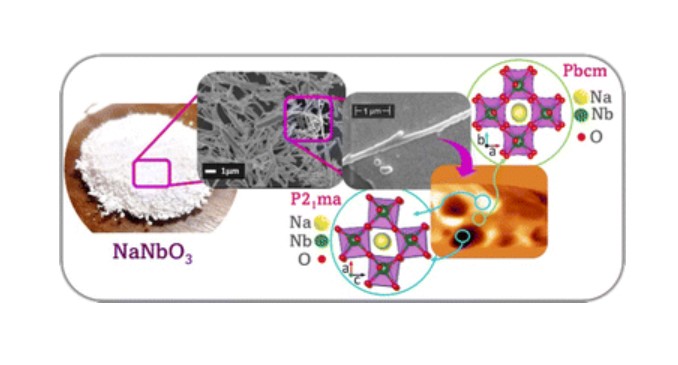
Sodium niobate is a type of ceramic with properties of interest to green chemistry; scientists from the Center for the Development of Functional Materials and collaborators have developed a new strategy for obtaining it.
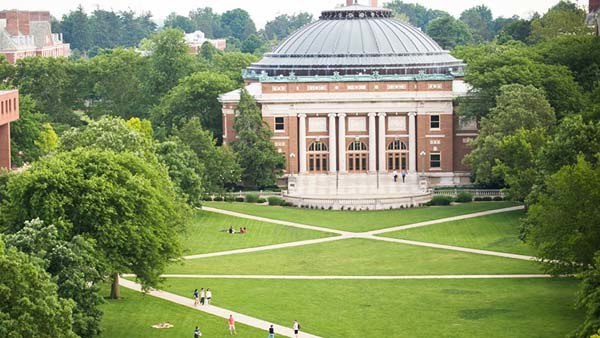
The Brasillinois program, which will be launched this month during FAPESP Week Illinois in the United States, aims to promote student and faculty mobility and foster connections in areas such as climate and sustainability, medicine, public health, and social inclusion.
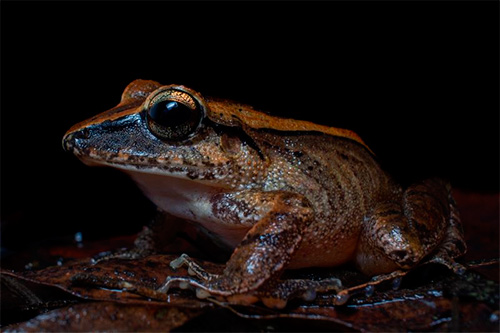
For the first time in South America, researchers recorded the use of ultrasound by a frog endemic to the Atlantic Rainforest in Brazil, which has more species of amphibians than any other country. Other frogs may use very high-frequency calls for the same purpose.
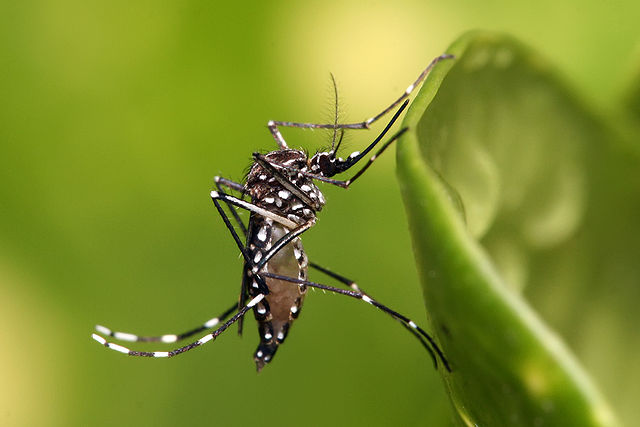
The number may be an underestimate in light of gaps in studies of the problem, according to the authors of a report issued by the Brazilian Platform on Biodiversity and Ecosystem Services.
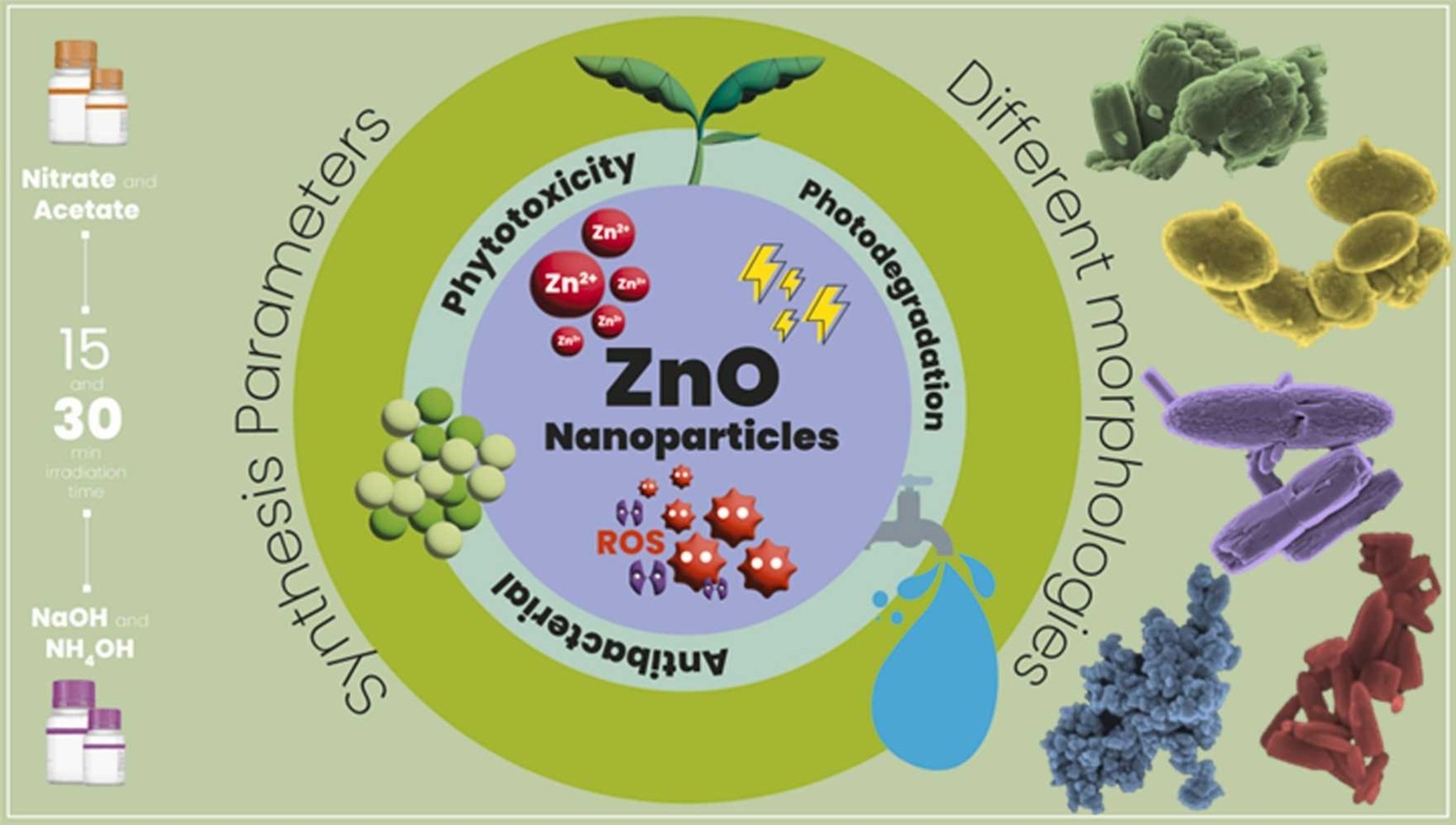
Zinc oxide nanoparticles with varying morphologies were tested against microorganisms isolated from patients. The results are reported in the Journal of Environmental Chemical Engineering.
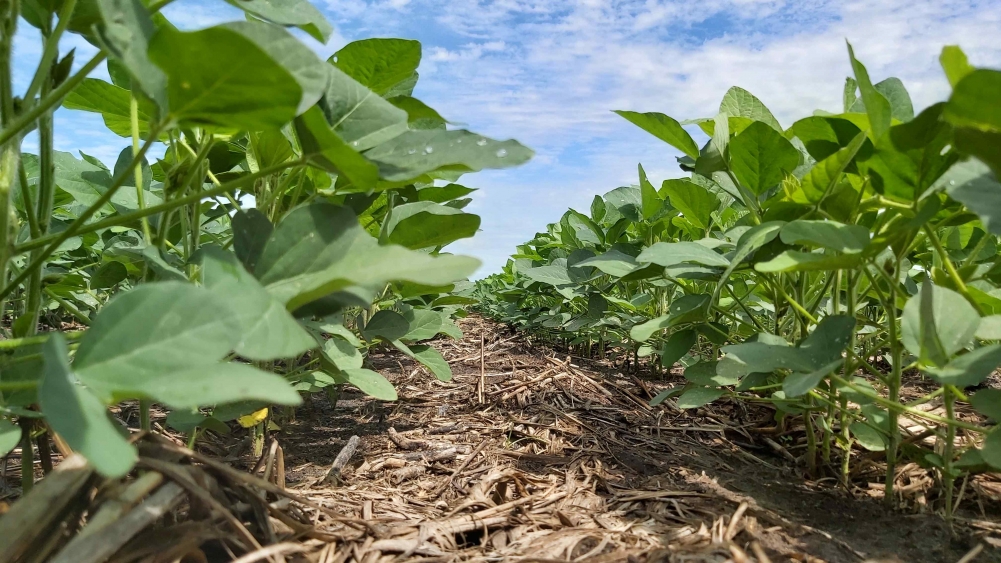
A startup supported by FAPESP is developing novel cultivars to offer growers a high-value-added option.
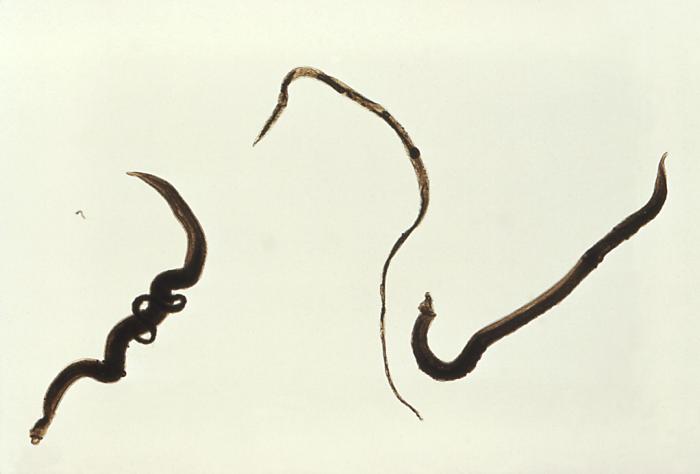
Experiments conducted at Butantan Institute in São Paulo used phage display to screen 12,000 proteins found in Schistosoma mansoni, the worm that causes the disease. The method deployed bacteriophages, viruses that infect bacteria, to identify key parasite peptides.